Every author has the whole history to contend with, all the centuries are upon him. He is compared with Homer, Dante, Shakespeare, Milton.
Henry Wadsworth Longfellow (American poet)
Poetry is a form of literature that is often associated with beauty and emotion. It has been a part of human culture for thousands of years, with examples of poetry dating back to ancient civilisations like the Babylonians, Egyptians, and Greeks.
A poem is a form of artistic expression that uses language to convey complex emotions, ideas, and experiences. A poem can be written in a variety of forms, such as free verse, sonnet, haiku, or ballad, but what defines a poem is not its structure, but rather its ability to evoke thoughts and feelings in the reader.
At its core, a poem is a distillation of language, a way of using words to create something more than the sum of its parts. This is achieved through the use of literary devices such as metaphor, simile, imagery, and symbolism. These tools allow the poet to convey meaning in a way that is both concise and powerful.
In this blog post, we will explore the rich history of poetry, from its earliest origins to its modern-day forms and take a deeper look into why poetry is such a special form of writing.
From free verse poems to different poetic structures like the sonnet poem form, we need to explore more about how modern poetry came to be.

When Did People First Start Creating Poetry?
The origins of poetry are difficult to trace, as it is likely that oral traditions of storytelling and song existed long before written language. However, the earliest known examples of written poetry come from the Sumerian civilisation, which dates back to around 2 000 BCE. These poems were often sung or recited in religious ceremonies, and many of them were written in honour of the gods.
Many have even stated that the earliest poetry has been recited and sung so as to remember oral traditions and histories.
While the fascinating historical origins are difficult to pinpoint, the historical developments of poetry from the Greek to imagist poets of the twentieth century can easily be traced.
We can believe that the oldest surviving poem is nearly 4000 years old.
Greek poetry is perhaps the most well-known and influential in Western culture. The ancient Greeks wrote in a variety of poetic forms, including epic poems, hymns, and odes. Examples of Greek poetry include the epic poems The Iliad and The Odyssey by Homer, as well as the works of Sappho and Pindar.
The Romans also wrote poetry, building on the tradition of the Greeks. Roman poets wrote in a variety of forms, including epic, lyric, and elegiac poetry. Perhaps the most famous Roman poet is Virgil, who wrote the epic poem The Aeneid.
During the Middle Ages, poetry continued to be an important form of expression. The troubadours of medieval France also wrote lyric poetry, often in the form of love songs.
The most well-known form of medieval poetry is the epic poem, with examples like Beowulf and The Song of Roland.
Anonymous
The Renaissance brought about a renewed interest in the classics, and many poets began to write in forms inspired by the Greeks and Romans. The sonnet, a 14-line poem with a specific rhyme scheme, became a popular form during this time. Examples of Renaissance poets include William Shakespeare, John Donne, and Edmund Spenser.
In the 20th century, poetry began to take on new forms and styles. The Modernist movement, which emerged in the early 1900s, rejected traditional forms and embraced experimentation. Poets like T.S. Eliot and Ezra Pound were at the forefront of this movement. Later, the Beat poets of the 1950s and 60s, including Allen Ginsberg and Jack Kerouac, rejected traditional forms and wrote in a more free-flowing style.
A Diligent Look At Poetic Language
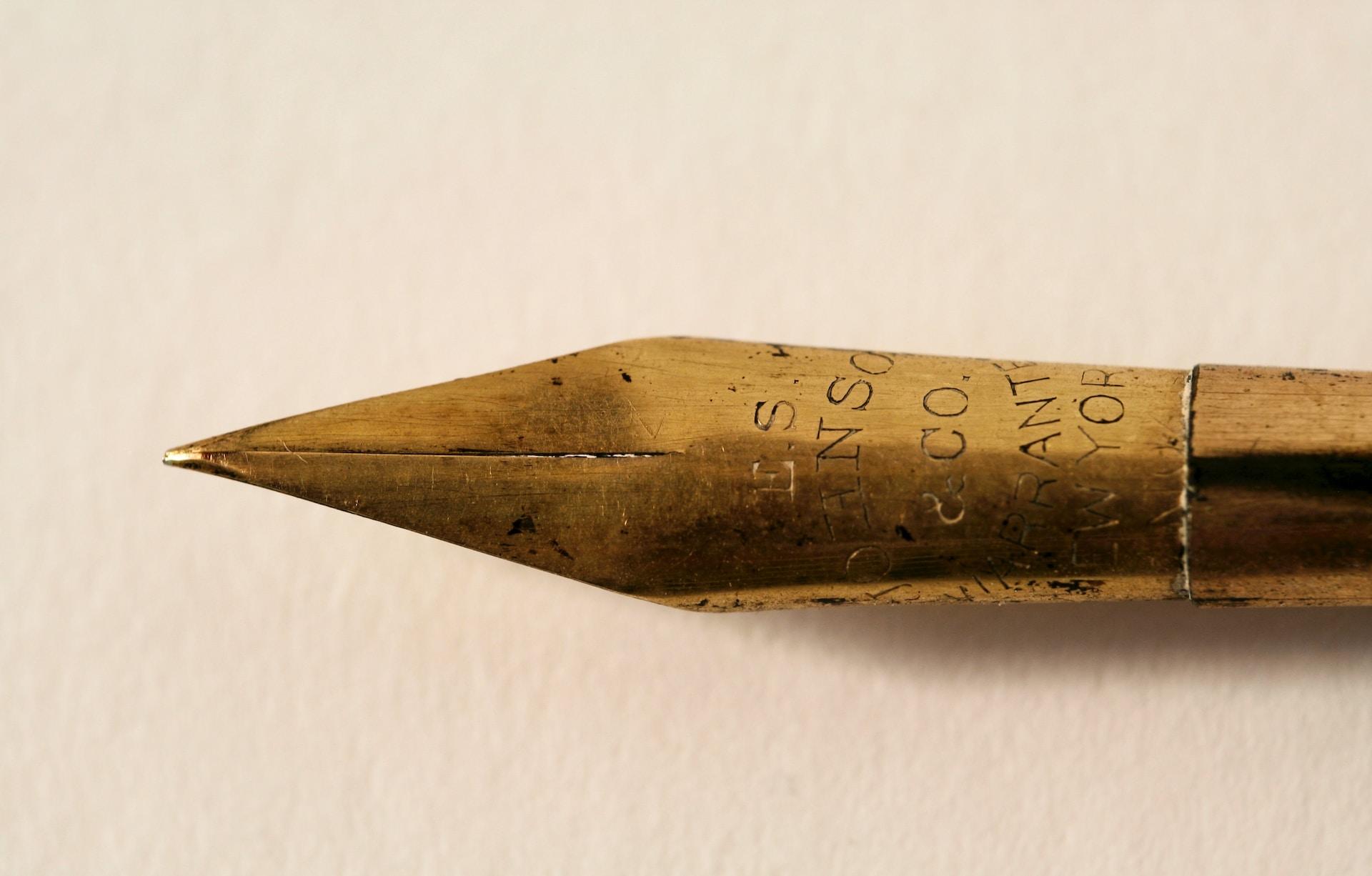
But what makes a poem different from other forms of writing, such as prose or journalism?
The answer lies in the way that a poem uses language. Poetry is often more concerned with the sound and rhythm of words than with their literal meaning. A poem can be read aloud and enjoyed for its musicality, even if the reader does not fully understand the meaning behind the words.
Another defining characteristic of poetry is its ability to create multiple meanings and interpretations. A single poem can be read in many different ways, depending on the reader's perspective and experiences. This is because poetry is often ambiguous, using language in a way that is intentionally open to interpretation. This allows the reader to engage with the poem in a more active way, bringing their own meaning to the words on the page.
While poetry can be deeply personal and subjective, it also has the power to connect with a wider audience. A good poem can resonate with readers from all walks of life, regardless of their background or experiences. This is because poetry often deals with universal themes such as love, loss, and the human condition.
But despite its ability to connect with readers on a deep emotional level, poetry is often seen as an intimidating and esoteric form of writing. Many people are put off by the idea of analysing a poem or trying to understand its meaning. However, poetry should not be seen as an exclusive club for the intellectual elite. Anyone can read and appreciate a poem, regardless of their level of education or familiarity with the form.
In fact, poetry can be a powerful tool for personal growth and self-expression. Writing a poem can be a cathartic experience, allowing the writer to explore their emotions in a safe and creative way. Reading poetry can also be a source of comfort and inspiration, providing a way to connect with others who have experienced similar thoughts and feelings.
Classical And Modern Famous Poets
The history of poetry language is undoubtedly rich and has stood the test of time by remaining an unforgettable piece of literature. From stars like William Shakespeare, William Butler Yeats, to Yung Pueblo, poetry certainly has advanced with the times into what we know it to be today.
Today, you can even learn how to become an Instapoet.
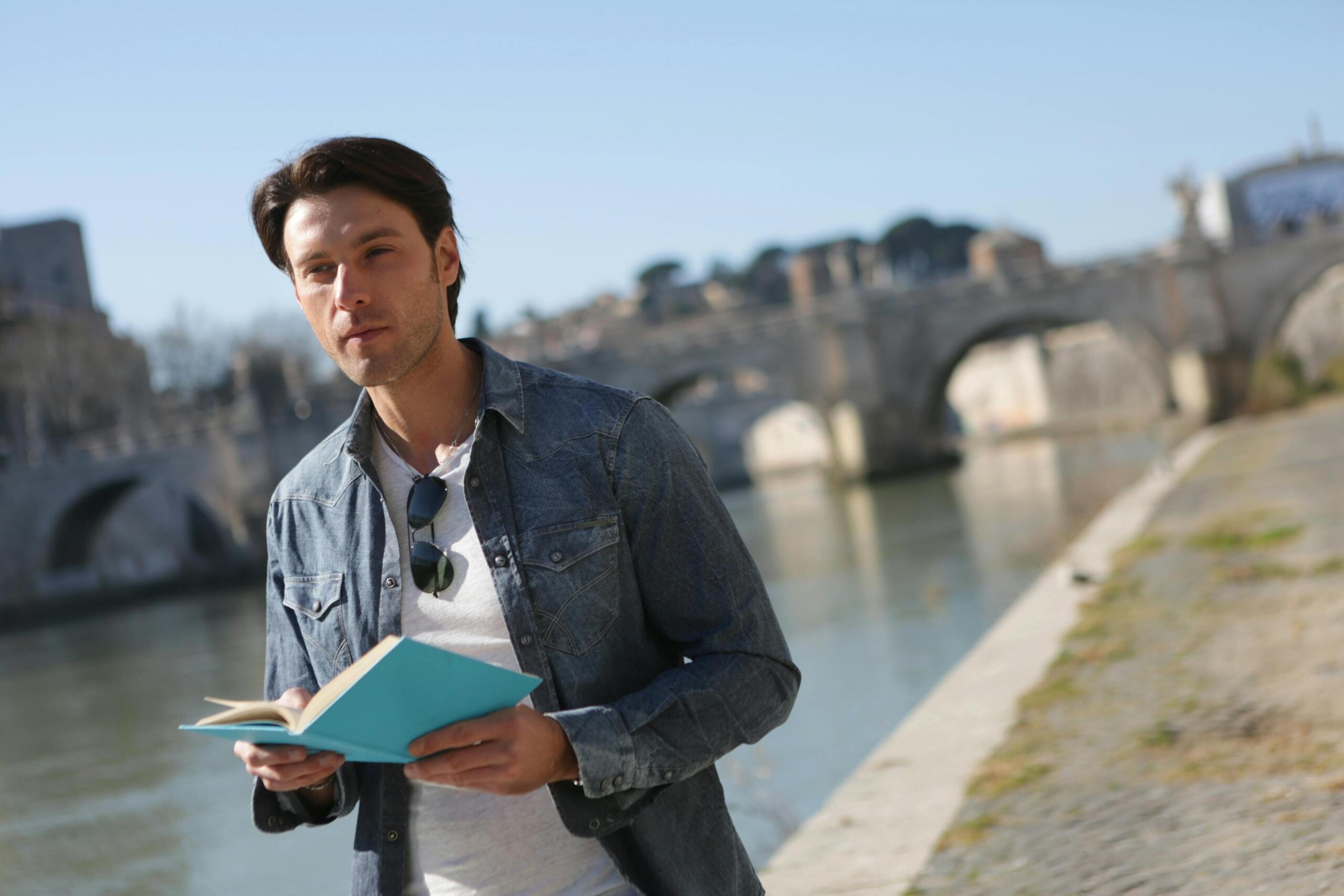
Instapoet?
Yes, you read correctly. An Instapoet is someone who writes poems specifically to share on Instagram. A good example of such a poet with millions of followers on Instagram is Rupi Kaur.
Isn't it fascinating how poetry keeps its legacy and at the same time develops into a modern piece of writing that remains untamed?
Here are a few famous and epic South African poets worth "reading" into:
- Antjie Krog
- Breyten Breytenbach
- Ingrid Jonker
Poetry continues to be celebrated today through books, reviews, and even star ratings.
Books of poetry are a wonderful way to explore the genre. They offer a wide variety of styles and themes, allowing readers to discover new poets and perspectives. From classic works like William Shakespeare’s sonnets to modern collections like Rupi Kaur’s Milk and Honey, there is truly something for everyone in the world of poetry.
Reviews are also an important part of the poetry landscape. They offer readers a chance to get an expert opinion on a book before making a purchase, and can help to guide readers toward works that are likely to resonate with them. The number of stars rated often highlights the strengths and weaknesses of a particular collection, and can provide valuable insights into the themes and style of a given poet.
The Most Iconic Poems In The English Language
With so many talented poets, selecting a favourite can be difficult. The best ones are selected by personal choice and with the writings that you can resonate the most within that particular instant in your life.
What do you think of this poem by the American poet Robert Frost?
Two roads diverged in a yellow wood,
And sorry I could not travel both
And be one traveler, long I stood
And looked down one as far as I could
To where it bent in the undergrowth;
Then took the other, as just as fair,
And having perhaps the better claim,
Because it was grassy and wanted wear;
Though as for that the passing there
Had worn them really about the same,
And both that morning equally lay
In leaves no step had trodden black.
Oh, I kept the first for another day!
Yet knowing how way leads on to way,
I doubted if I should ever come back.
I shall be telling this with a sigh
Somewhere ages and ages hence:
Two roads diverged in a wood, and I—
I took the one less traveled by,
And that has made all the difference.
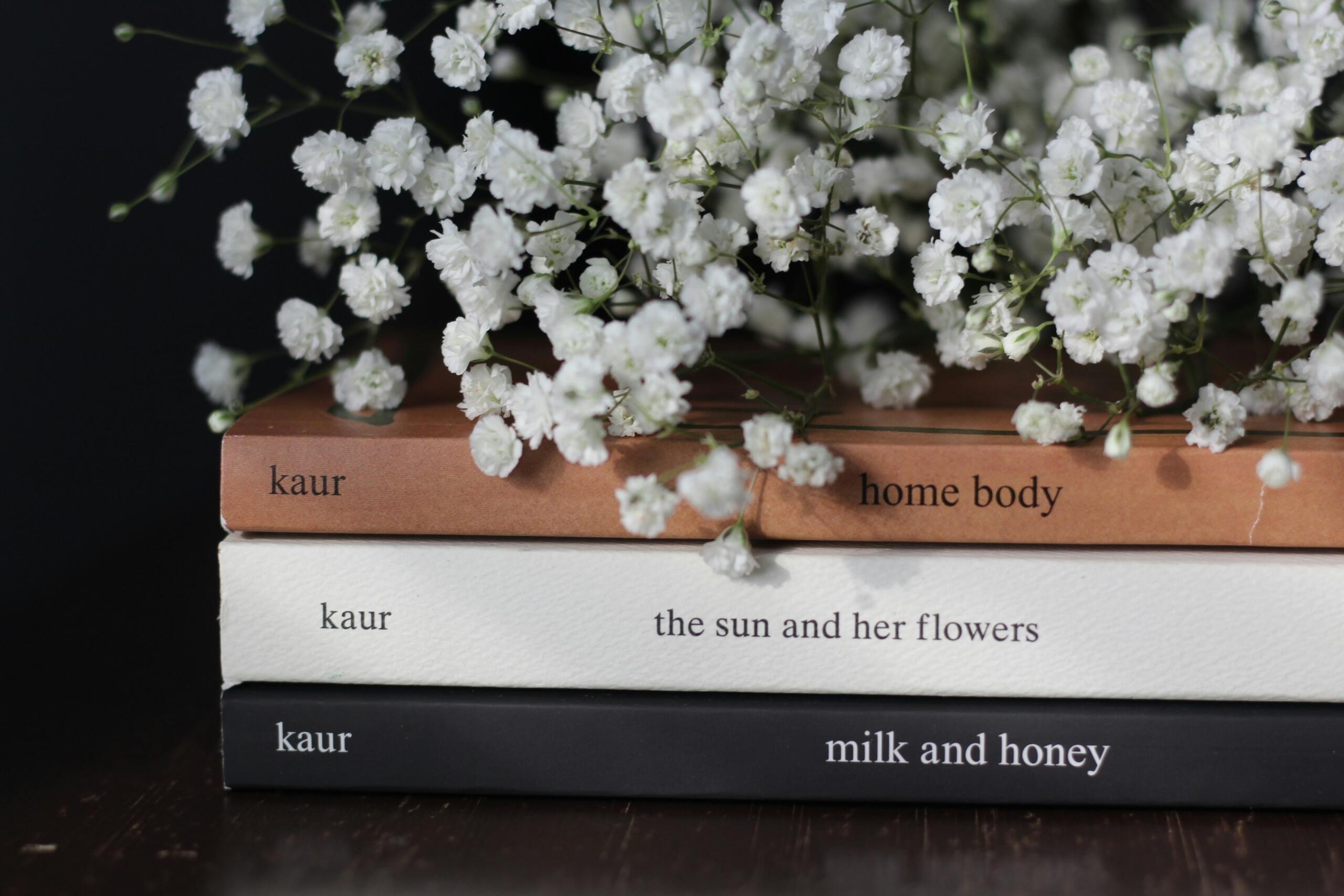
Let's get back to our roots. Here is a wonderful Afrikaans poem by Ingrid Jonker:
Bitterbessie dagbreek
bitterbessie son
'n spieel het gebreek
tussen my en hom
Soek ek na die grootpad
om daarlangs te draf
oral draai die paadjies
van sy woorde af
Dennebos herinnering
dennebos vergeet
het ek ook verdwaal
trap ek in my leed
Pappegaai- bont eggo
kierang kierang my
totdat ek bedroe
weer die koggel kry
Eggo is geen antwoord
antwoord hy alom
bitterbessie dagbreek
bitterbessie son
Poetry has a rich and diverse history, with examples dating back thousands of years. From the epic poems of ancient Greece to the experimental works of modernist poets, poetry has evolved and changed over time. Despite these changes, however, poetry remains an important form of expression, allowing writers to explore complex emotions and ideas in a way that is unique and powerful.
If you are a high school student, and poetic form, iambic pentameter and literary devices used in poetry goes above your head, consider reaching out to one of our Superprof literary tutors. You can even opt for a free poetry lesson to see if the works of the Austrian poet, Rainer Maria Rilke, or that of the British Romantic poet, Percy Bysshe Shelley, becomes easier to grasp.
What's your favourite type of poetry?
Summarise with AI:

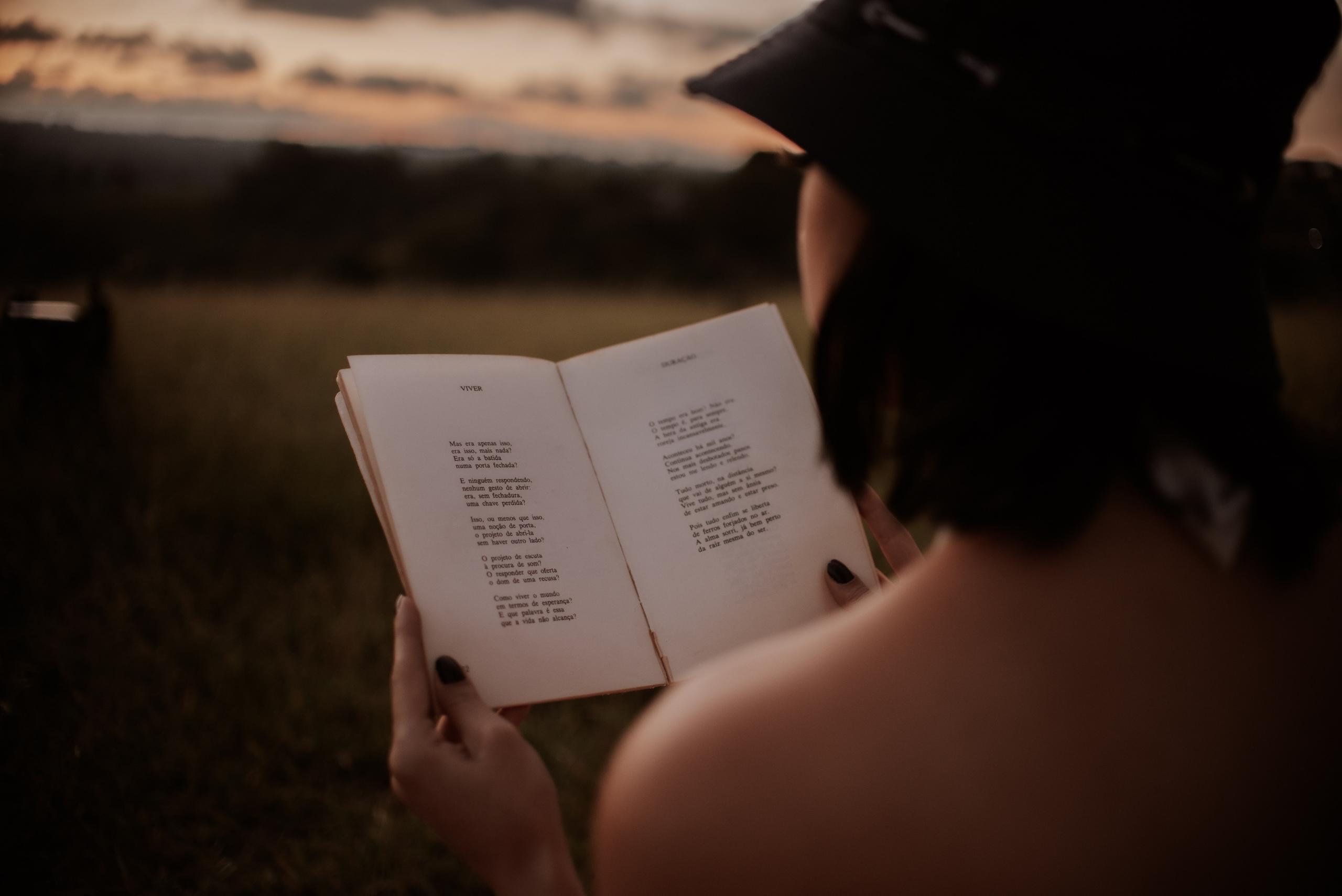










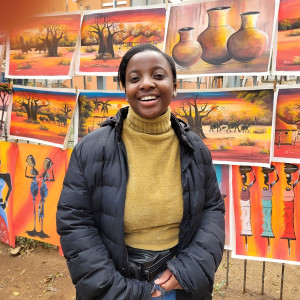


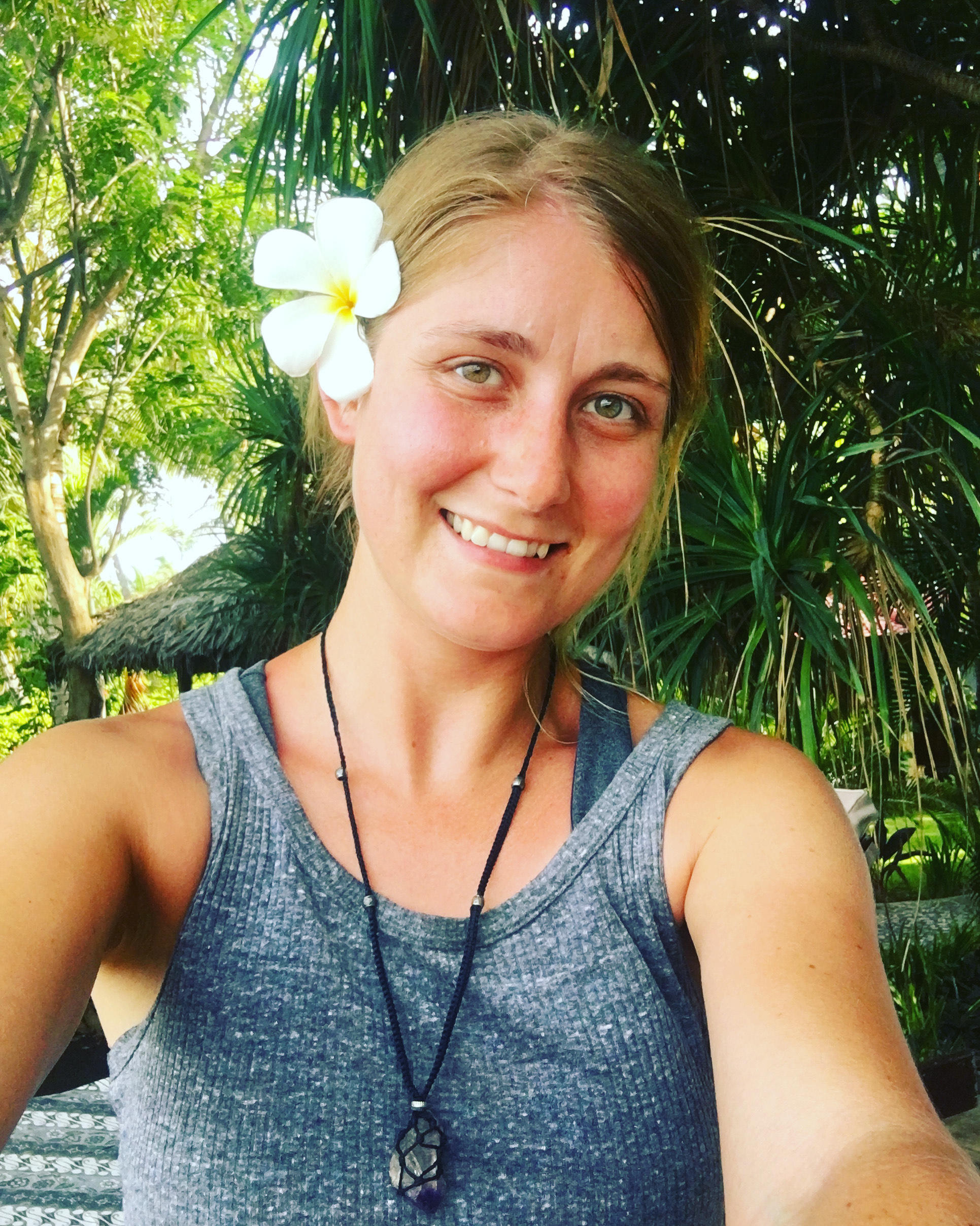

I love poetry very much